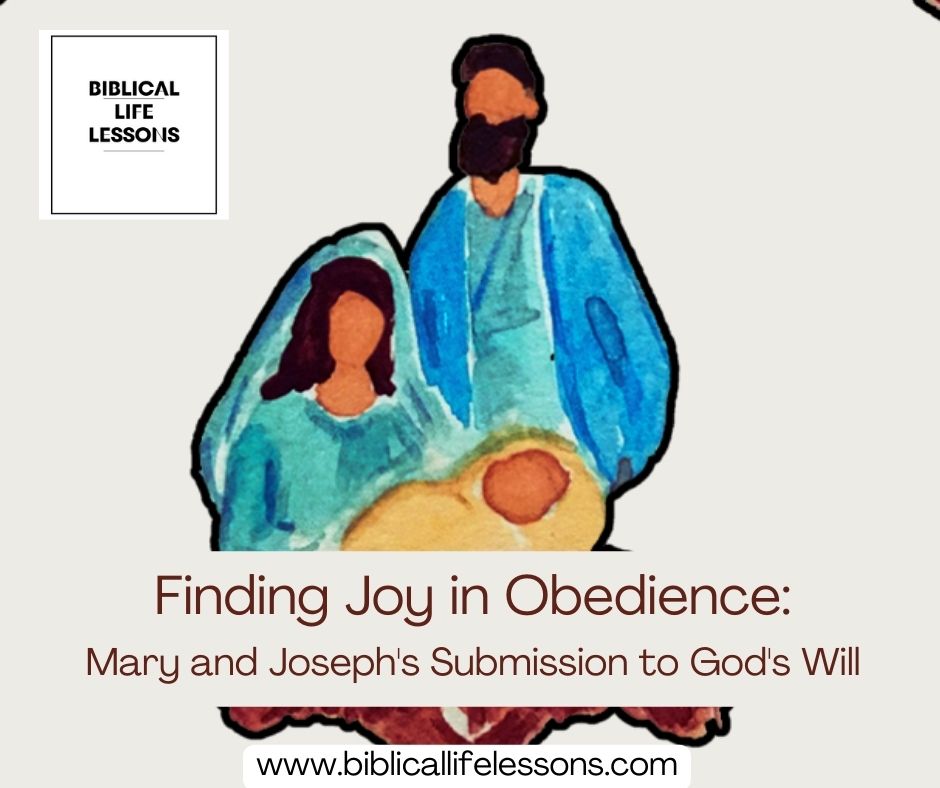The Tower of Babel, a compelling narrative in the book of Genesis, serves as a cautionary tale that resonates through the ages. It vividly illustrates the consequences of human pride and the pitfalls of pursuing personal ambitions without regard for humility and unity. This story offers profound reflections on the dangers of hubris and the transformative power of rising above pride.
The Tower’s Ambitious Ascent
In the story, humanity unites to construct a towering city and a “tower that reaches to the heavens.” This ambitious endeavor symbolizes their desire to elevate their own reputation and stature, transcending their human limitations. However, their pursuit of greatness becomes tainted by the corrosive influence of pride.
The Disruption of Unity
As the tower nears completion, the biblical narrative reveals an intriguing twist. God observes humanity’s unity and ambitions, recognizing the potential for unchecked pride to lead them astray. In response, God confuses their language, scattering them across the earth and effectively disrupting their collaborative project.
The Pitfalls of Hubris
The Tower of Babel stands as a stark reminder of the dangers of hubris – an excessive and self-centered pride. The builders’ arrogance blinds them to the importance of humility and respect for higher forces. This unchecked pride not only fractures their unity but also prevents them from recognizing the value of cooperation and shared purpose.
Embracing Humility and Unity
The Tower of Babel narrative ultimately emphasizes the importance of humility and unity in the face of grand ambitions. It teaches us that true progress and greatness are not achieved through self-aggrandizement, but through collective efforts grounded in humility, understanding, and a willingness to cooperate for the greater good.
Lessons for Modern Times
The Tower of Babel story holds valuable lessons that remain relevant in today’s world:
* Balancing Ambition with Humility
Ambition is not inherently negative, but when driven by unchecked pride, it can lead to downfall. By embracing humility, individuals and societies can ensure that their ambitions are grounded in self-awareness and a sense of interconnectedness.
* Embracing Diversity
The confusion of languages at Babel resulted in dispersion, but it also highlights the beauty of diversity. Embracing different perspectives, languages, and cultures enriches societies and fosters unity through understanding.
* The Power of Humble Collaboration
Collaboration and shared purpose can lead to remarkable achievements. The Tower of Babel underscores that the most meaningful progress occurs when we work together with humility, acknowledging both our strengths and limitations.
* Recognizing the Limits of Human Power
The narrative reminds us that human power has its limits. Acknowledging and respecting these limits can prevent us from succumbing to the pitfalls of pride and encourage a more balanced approach to achievement.
Conclusion: Reaching for Unity, Rising Above Pride
The Tower of Babel serves as a timeless parable that echoes the consequences of unchecked pride and the transformative potential of humility and unity. As we reflect on this ancient story, we are reminded that the pursuit of greatness is most meaningful when it is built upon a foundation of humility, cooperation, and a shared commitment to uplift one another. By rising above the pitfalls of pride, we can aspire to build bridges that connect us rather than towers that isolate us, fostering a world rooted in understanding, respect, and unity.











